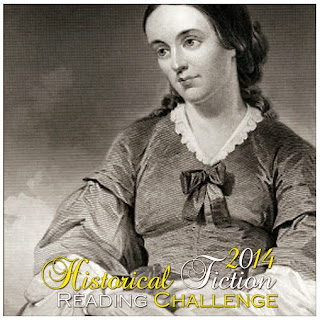Source: Public Library
Hardcover, 466 pages
On Amazon and on Kobo
The Regulators by Richard Bachman, a.k.a. Stephen King, is like stepping onto the set of The Twilight Zone, from aliens and horrifying mutant animals to shootouts at the Ponderosa and/or O.K. Corral. Something is not right with this idyllic town of Wentworth, Ohio, and its residents on Poplar Street. With a cast of characters ranging from a cheating wife to an alcoholic husband and father, King packs in a wide-ranging cast that also includes a Vietnam veteran turned kid’s author and an ex-cop thrown off the force for allegedly being on the take. There are the twin teen boys and their girlfriends and the local paper boy with big dreams for his baseball career, but there is something seedy underneath this neighborhood and things are about to go haywire.
King always sets the reader up with a typical neighborhood minding its own business and sometimes it’s in the height of summer when dreams are the biggest and relaxation is high on the priority list. But with these settings, atmospheres, and scenes in place, readers know that things are about to take a turn for the worse, and when they start turning, they begin spiraling down a rabbit hole.
“Peter rose to his feet like an old clockwork toy with rust in its gears. His eyeballs jiggled in the silver dreamlight from the TV.” (page 256)
What would the world look like through an autistic boy’s eyes, and how could that world be twisted in the hands of a being with no conscience? Seth Garin is that autistic boy and his world has become even more like a prison than before when he merely had trouble communicating with his family, but soon he learns that the prison he finds himself in could also lead to his freedom. King packs so many characters into this novel, illustrating depravity and hysteria on any number of levels, but what’s engaging are the scenes where Seth’s favorite characters come to life and take to the streets. The devastation they bring with them, on the other hand, is harrowing and graphic.
King’s narration shifts point of view on many occasions, making it hard for the reader to hold onto the sequential story, but in many ways this may have been purposeful — to give the reader the same sense of timelessness that the characters endure. The Regulators by Richard Bachman, a.k.a. Stephen King, is like a comic book and western sprung to life, but only if it were run by a madman director bent on killing everything and absorbing all of its energy.
About the Author/Pen Name (source: Wikipedia):
King states that adopting the nom de plume Bachman was also an attempt to make sense out of his career and try to answer the question of whether his success was due to talent or luck. He says he deliberately released the Bachman novels with as little marketing presence as possible and did his best to “load the dice against” Bachman. King concludes that he has yet to find an answer to the “talent versus luck” question, as he felt he was outed as Bachman too early to know.


 About the Author:
About the Author:






 About the Author:
About the Author:
 About the Author:
About the Author:




 About the Author:
About the Author:



